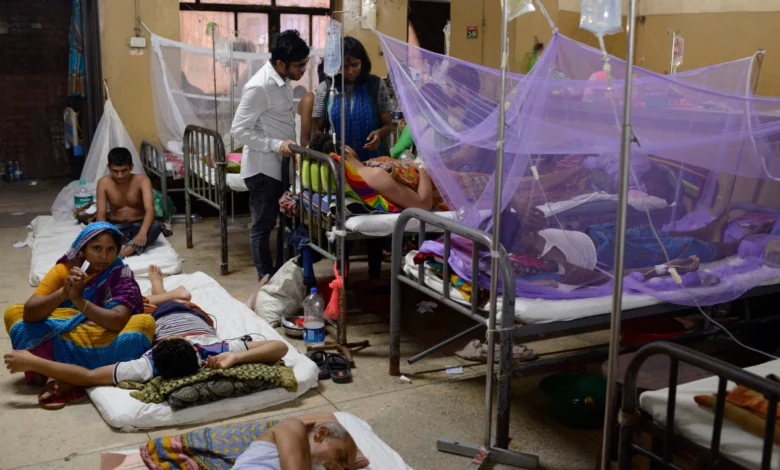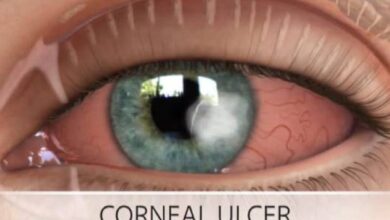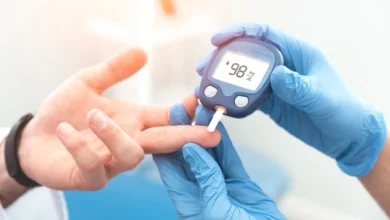Dengue outbreak in Delhi: Cases climb to 243 in Delhi
Delhi's dengue outbreak prompts government action campaigns to educate, hospitals prepared, type-2 strain identified, fines increased and no-sale of NSAIDs without prescriptions.

Dengue virus is spreading in Delhi, and the city has reported its highest number of cases in five years, with 187 reported cases until July 22. In response to this alarming situation, the Delhi government has taken proactive measures to curb the virus’s spread.
Dengue is a viral infection transmitted through mosquito bites and has become a growing concern in the capital city. To strengthen its response, the government is preparing hospitals to handle dengue cases efficiently. Discussions have been held with the Municipal Corporation of Delhi (MCD) to coordinate efforts in tackling the outbreak.
The recent flood-like situation caused by monsoon rains in hilly regions and the overflowing of the Yamuna River has raised fear of a potential dengue outbreak. The government has increased fines for mosquito breeding to discourage the spread of the virus. The 1031 helpline, previously dedicated to COVID-19 cases, will also address dengue-related concerns.
Chief Minister Arvind Kejriwal has instructed schools to enforce preventive measures, such as wearing full-sleeve clothes and pants. School students are actively participating in awareness campaigns and are responsible for checking their homes for stagnant water, a breeding ground for mosquitoes.
The campaign against the virus involves various stakeholders, including ASHA workers, Delhi Metro, and the police. Delhi Metro stations are broadcasting announcements to raise awareness among commuters.
The government has also advised against the use of aspirin, disprin, and ibuprofen to prevent self-medication, which can be detrimental in dengue cases. Seeking medical consultation is essential for proper diagnosis and treatment.
As the monsoon continues, the Delhi government urges citizens to remain vigilant and follow necessary precautions. Dengue is characterised by high-grade fever, and patients are advised to stay hydrated. Timely diagnosis through the NS1 antigen test is crucial, and platelet count monitoring is essential during the illness.
To safeguard patients with vector-borne diseases like dengue and chikungunya, the Department of Drugs Control has prohibited the sale of nonsteroidal anti-inflammatory drugs (NSAIDs) without a doctor’s prescription, including painkillers like aspirin and ibuprofen that can interfere with blood clotting.



